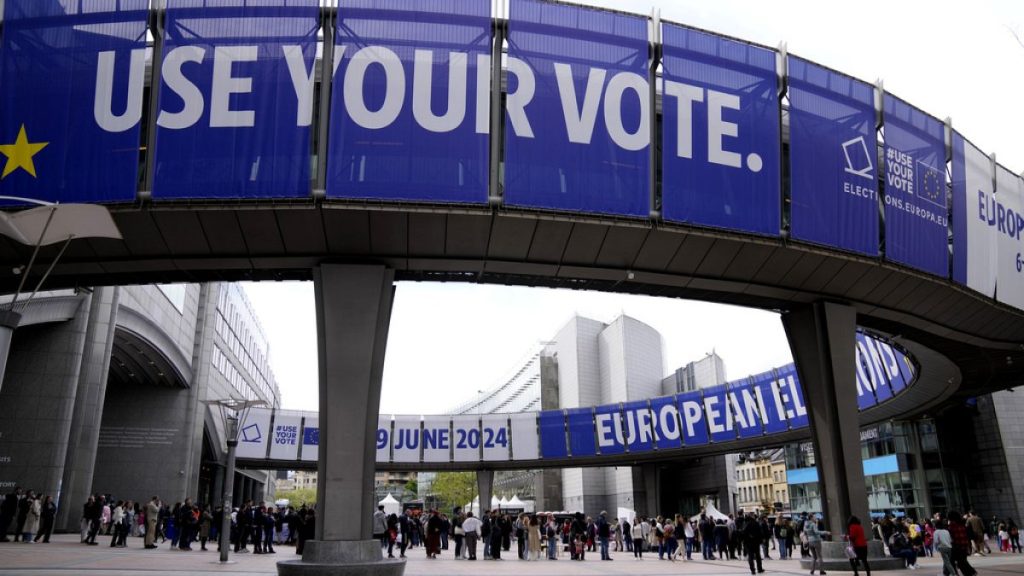Recent statistics have shown that a significant portion of the population in countries such as Slovakia, Poland, and the Czech Republic are being exposed to misinformation online. In the first quarter of 2024, around 45% of Czech Republic’s population was exposed to false narratives, with the number rising to about 58% in Slovakia. This trend is particularly concerning as the European elections approach, with experts warning that Central and Eastern European countries are at higher risk of misinformation due to their proximity to Russia. Dr Péter Krekó, coordinator at the Hungarian Digital Media Observatory, explained that the region has historical ties to pro-Russian narratives, making them more susceptible to false information spread by political players.
Disinformation in Central and Eastern Europe is not limited to pro-Russian narratives, as false narratives related to topics such as the war in Ukraine, climate change, immigration, and public health (including fake news about the COVID-19 pandemic) are prevalent across the region. Experts caution that similar misinformation can also be found in Western Europe, with far-right groups often behind the dissemination of such content. As the approach of the EU elections provides a platform for malicious actors to spread false information, experts warn that advancements in technology, such as the use of AI for micro-targeting strategies, may further exacerbate the issue.
Dr Robert Rajczyk, an associate professor at the Institute of Journalism and Media Communication at the University of Silesia in Katowice, highlighted the importance of media literacy and fact-checking as tools to combat disinformation. He emphasized the need to rely on reliable sources of information, such as mainstream media, and to critically evaluate the content we encounter online. Rajczyk also encouraged individuals to engage in political life and make informed decisions based on verified information. By developing a habit of fact-checking sensational or shocking information and using social media responsibly, individuals can protect themselves from falling victim to misinformation.
In the current digital age, where social media dominates communication and information dissemination, individuals are more susceptible to false narratives than ever before. Experts warn that passive consumption of media has transformed society into ‘homo videns’ – individuals who watch and absorb information without critical thinking. As political players and big tech platforms continue to spread misinformation, individuals must take steps to protect themselves by verifying information, engaging critically with political content, and using social media responsibly. By remaining vigilant and questioning the information presented to us, we can contribute to a more informed and resilient society in the face of misinformation.


